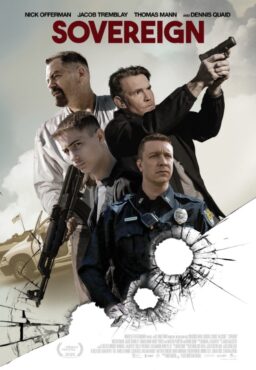From Paul Youngman, Chicago, IL:
I want to respond to Richard Choi’s letter, entitled “Environmentalism is a religion.” I found the letter to be fairly reasonable, and I think a lot of Americans who do fancy themselves environmentalists participate at just the level he does. But I have a problem with the passage that ends his letter:
Until the truth behind environmentalism becomes universally understood, I will treat environmentalism as a matter of faith. And treat it carefully with respect and detachment. I would hope that others would treat my non-environmental beliefs in the same way.
Many Americans seem to think that they needn’t relinquish their beliefs until confronted with proof. Evidence is not enough, so Mr. Choi will wait until “environmentalism is universally understood” before he gives up his belief that the needs of the environment are not dire enough to warrant his own inconveniece. But how can he expect that there will ever be proof so undeniable that it will result in universal understanding? Is there any aspect of science about which there is not and never will be any debate?
The Woody Allen film “Sleeper” has a scene where two doctors laugh in amazement over the fact that people from the 1970s abstained from smoking or eating hot fudge. “Those were thought to be unhealthy… precisely the opposite of what we now know to be true.” The scene is funny because we all know there’s almost no such thing as scientific proof. Tomorrow new evidence may turn up and show we were wrong, and the next day more new evidence will turn us back around. I could quote studies that suggest chocolate helps fight a number of ailments, but most evidence still suggests that consuming a quart of fudge every day would be a bad idea; is the sensible response to let the evidence shape our behavior, or should we wait for proof?
It is telling that although Mr. Choi doesn’t consider himself an environmentalist, he participates in his town’s recyclying program. Then either environmentalism is not a religion, or Mr Choi is a believer — how many atheists pray just because it takes so little time?
I also think this shows how important it is for the government to take the lead on this matter. I used to haul my recycling to a recycling center, but most people wouldn’t do this unless the environmental damage were occuring in their own yard. A government program in Mr. Choi’s town has even a mildly concerned citizen recycling. It was government regulations that forced cars to burn unleaded gas, to make airbags standard safety equipment and to require young children to ride in special seats. Individuals just can’t initiate the sort of sweeping change that will make hybrid cars and alternative fuels the norm. We need to elect environmentalist candidates who will initiate programs and regulations that will make it easier for us to do what seems right, based on the evidence we have.











